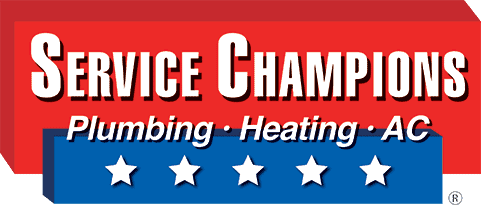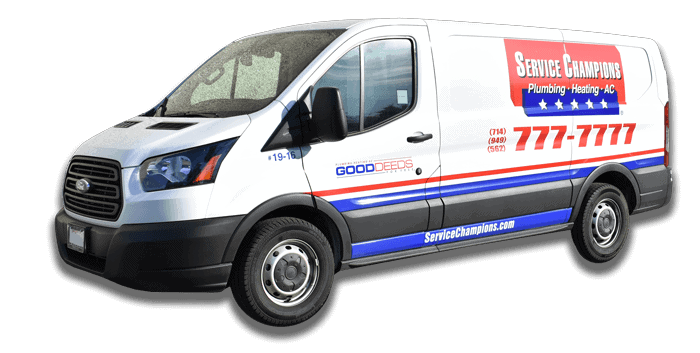Fire Prevention and Other Furnace Safety Tips
Each year in October the National Fire Prevention Association (NFPA) holds Fire Prevention Week to remind Americans how they can prevent and prepare for a home fire.
As heating systems are one of the leading causes of home fires, we decided to bring you a few fire prevention and furnace safety tips to help you protect your family. Here are our heating experts’ top furnace safety tips:
Maintain Your Furnace
The first key to preventing furnace-caused problems like home fires is to regularly maintain your heater. Cracks and leaks within your furnace can cause gas to escape into your home, creating a fire hazard. Annual tune-ups include the inspection of your burner assembly and heat exchanger as well as other critical parts.
Maintaining your furnace will keep it running safely and efficiently throughout the winter and help prevent home fires.
Keep the Area Clear
Your furnace can become quite hot. You should keep the three-foot area directly around your furnace free of any combustible materials. Placing things too close to a heat source is the leading cause of fatal home fires, according to the NFPA, and accounted for 53% of home fire deaths in 2010.
So take a look around your furnace and make sure there is nothing flammable in its immediate vicinity. Also, if you notice that the walls around your heater are warm to the touch or discolored, have a professional take a look as this could be a serious problem.
Leave Furnace Repairs to the Professionals
If your furnace does need to be repaired, let professionals do the work. If you attempt to fix your own furnace and you don’t know what you are doing, you can create much bigger problems for your family, including high levels of carbon monoxide, fire hazards, future repairs and high energy bills.
Ensure Proper Ventilation
Dangerous fumes, such as carbon monoxide, are vented out of your home through a flue, likely in your roof. Keeping this vent clear makes certain that those gasses do not back up into your home and become a health hazard for your family.
Leaves and animals such as birds can occasionally get into furnace vents, so make it a habit to check your vents regularly.
As the weather begins cooling off, you will find yourself using your furnace more and more. By taking these safety tips into consideration, you can have a warm and safe winter.
Want to make sure your home’s furnace or heating equipment is safe and ready for winter? Schedule a tune-up with Service Champions.

